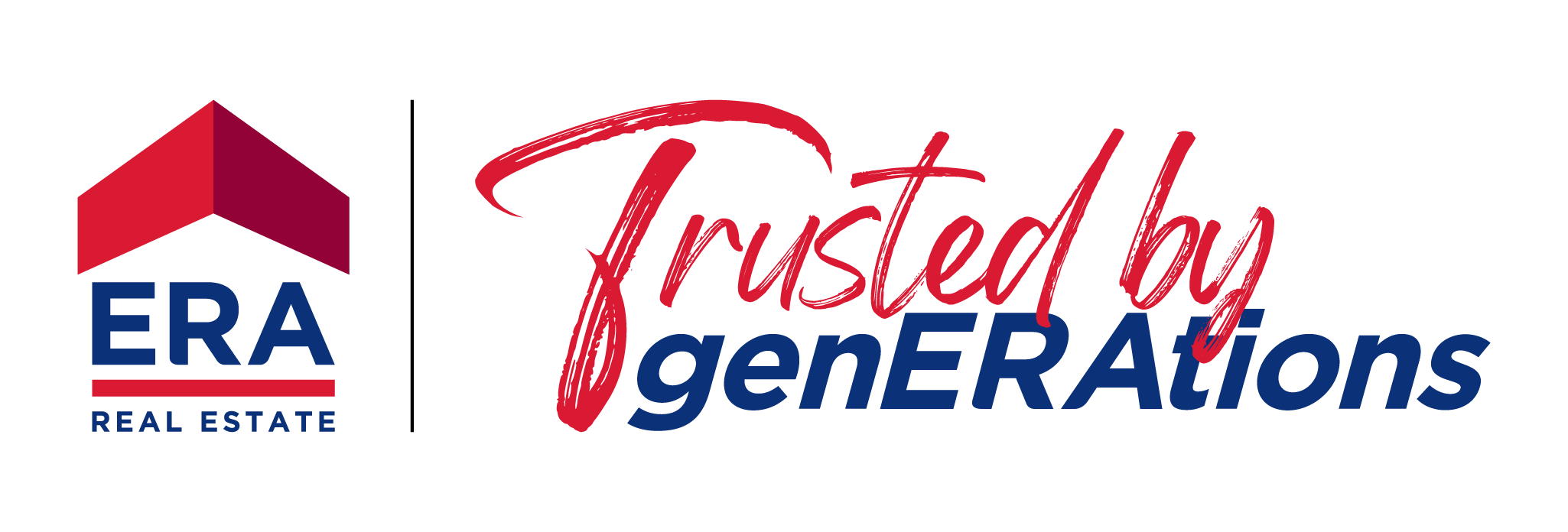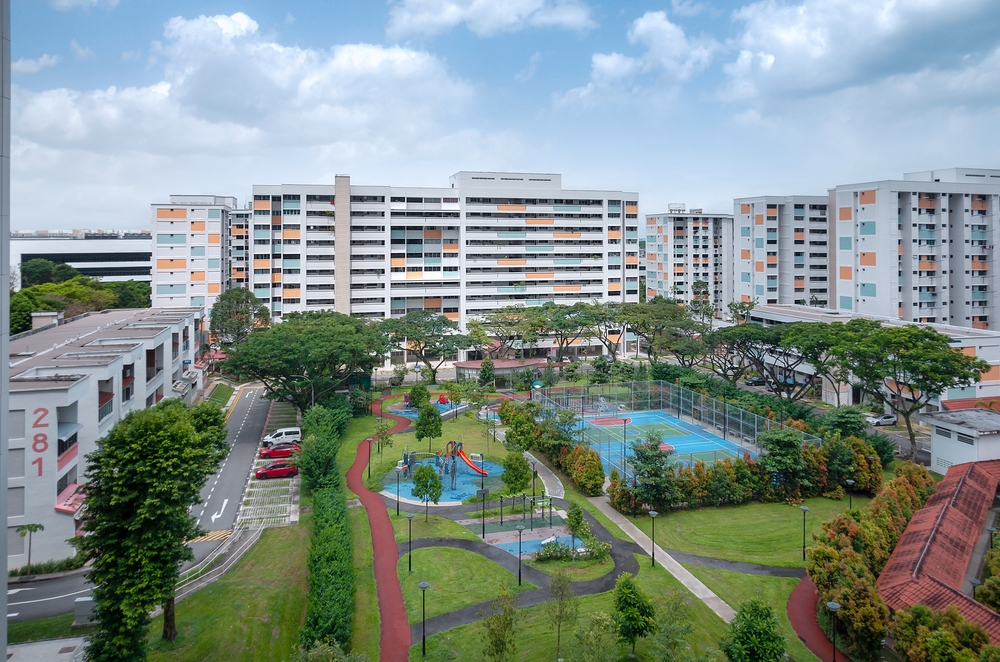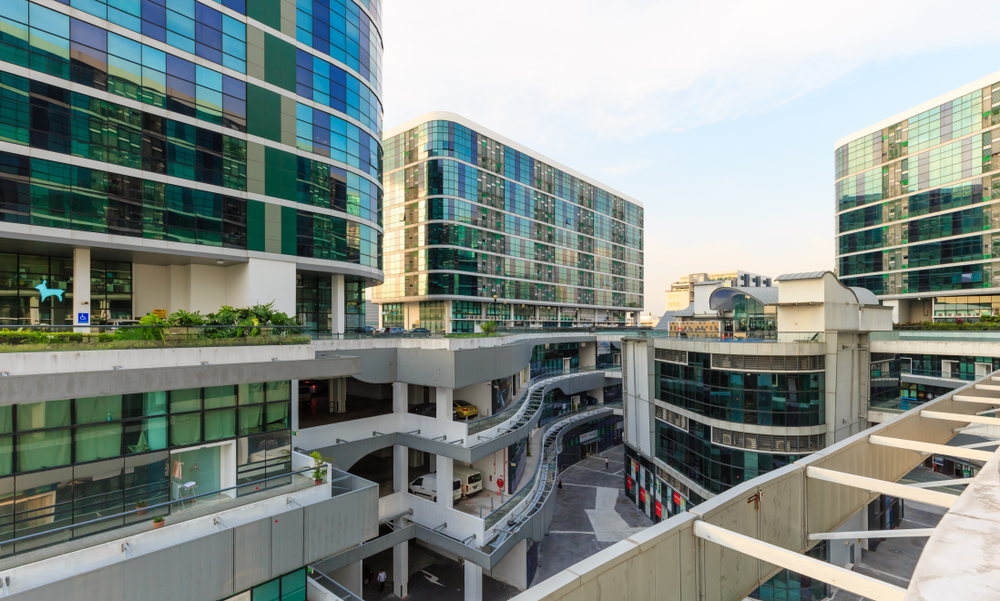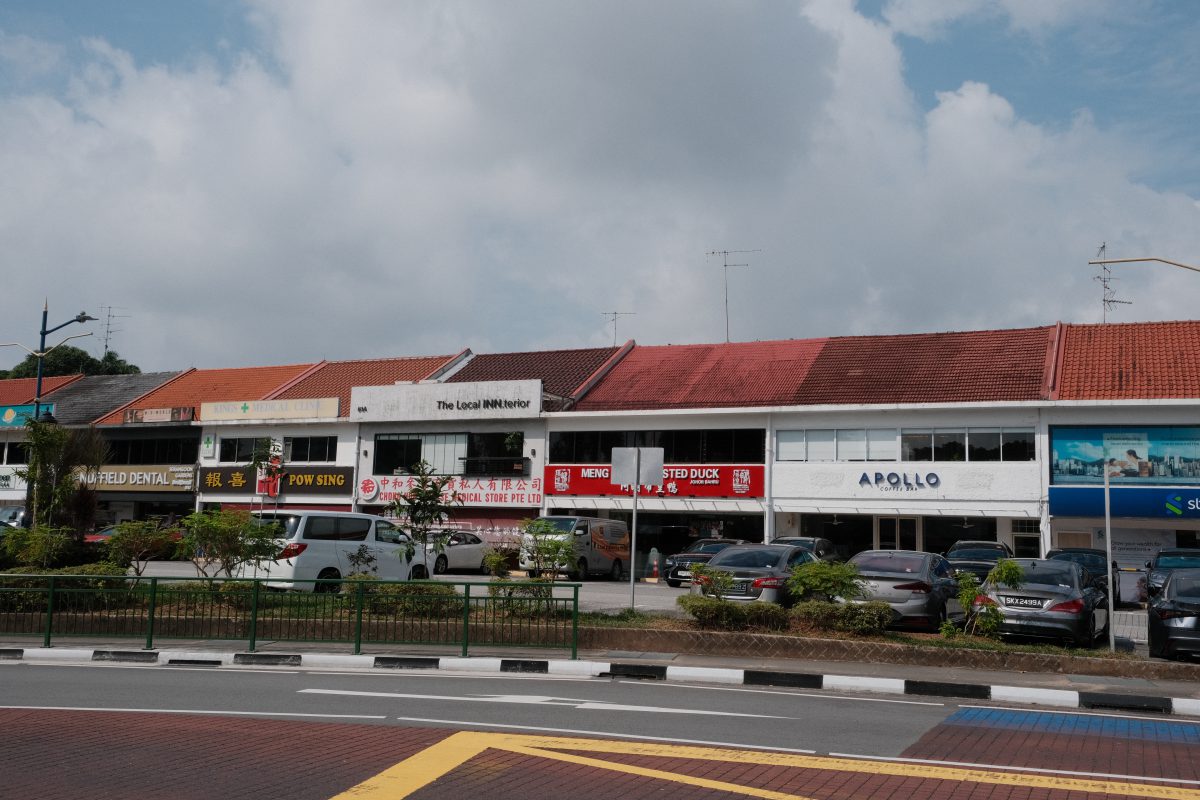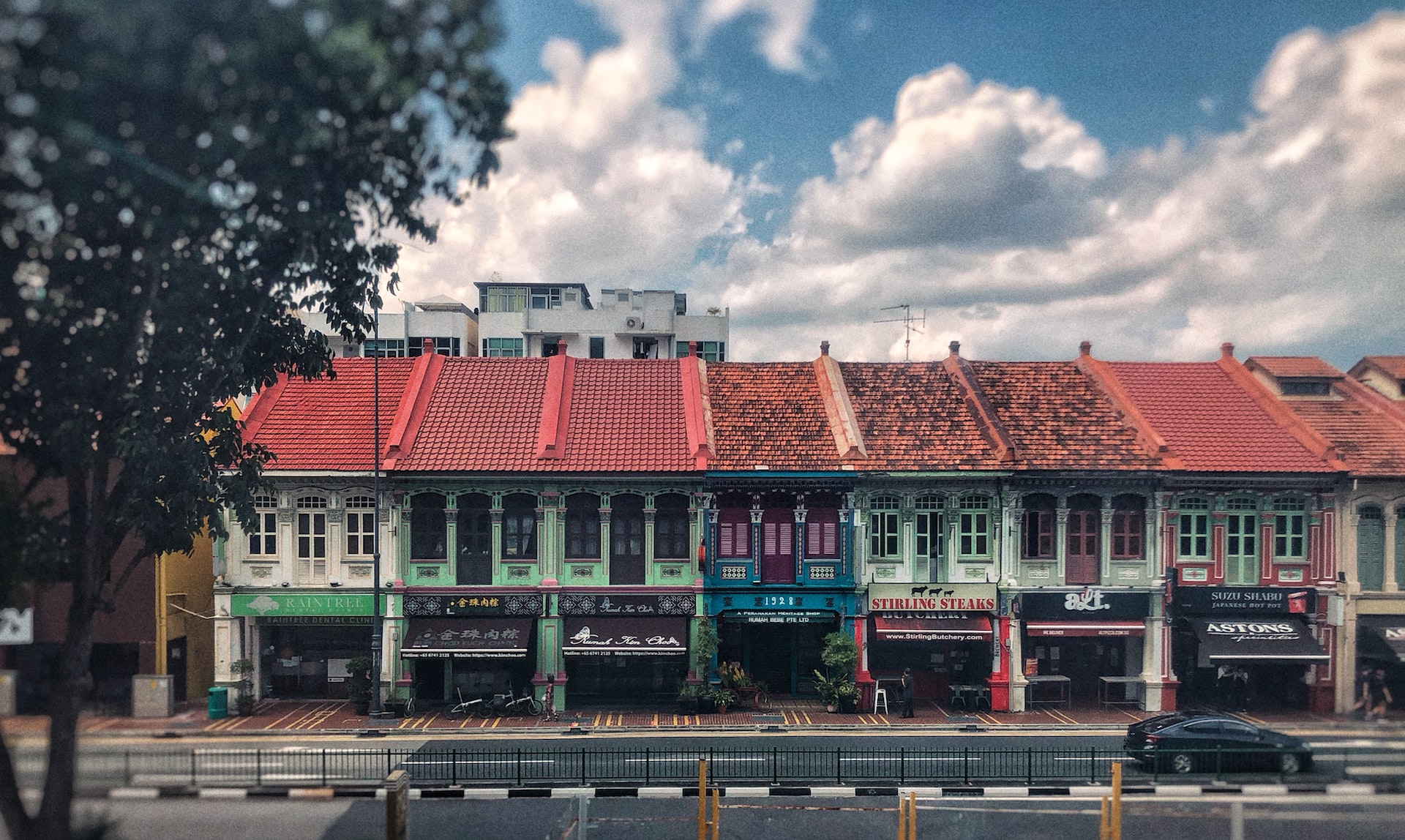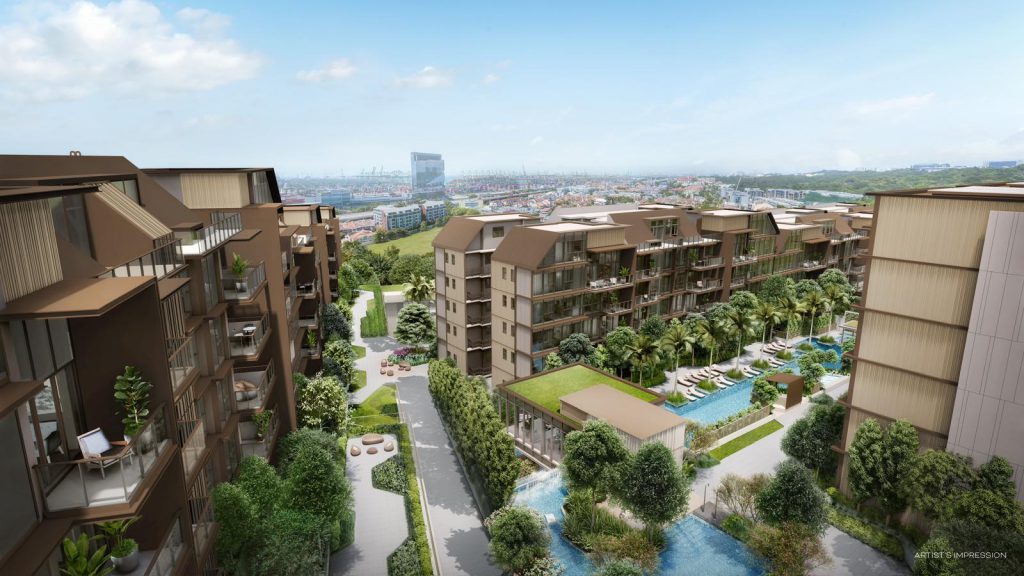How Some Singaporeans Own More than One Property
- By Wong Shanting
- 3 mins read
- HDB
- 30 Oct 2024
Some Singaporean couples have successfully own two properties. But careful long-term planning is a must.
For many Singaporean families, the pinnacle of housing aspiration is to own at least two properties in their lifetime – one serving as the roof over their heads, and the other, a means to generate consistent cashflow.
To achieve this, some Singaporean families have embraced the FIRE movement, aiming to achieve Financial Independence and Retire Early by cutting back on non-essential expenses. Others, particularly Baby Boomers and Gen-Xers, have successfully achieved dual-home ownership by capitalising on property booms over the years.
However, amid rising home prices today, is this dream still attainable for Gen Z and younger Millennials?
Below, we explore how some Singaporeans have successfully own more than one property in Singapore—whether it’s an HDB flat and a private home, two private properties, or a combination of residential and commercial/industrial properties.
1. Owning an HDB flat and a Private Home
HDB BTO versus resale flat
For many first-time homebuyers, their housing journey typically begins with an HDB flat, the most prevalent form of public housing in Singapore. More importantly, Singaporeans will have to decide between buying a new or resale HDB flat, even though both options allow them to benefit from first-timer subsidies. So how do they choose?
Build-to-Order (BTO) flats are essentially brand-new HDB flats meant for Singaporeans only. They are offered at subsidised prices and come with a fresh 99-year lease. But buyers will need to ballot for the opportunity to purchase a BTO flat, and due to intense competition, not all first-timers are successful in securing a BTO flat.
In addition, “Plus” and “Prime” BTO flats are subject to a longer 10-year Minimum Occupation Period (MOP) and more stringent resale criteria. It is also important to note that “Plus” and “Prime” flats cannot be rented out entirely even after MOP.
Meanwhile, resale flats are sold on the secondary market, typically by another homeowner and their prices are determined through negotiation. Currently, these flats are subject to a 5-year MOP. After this period, owners are allowed to rent out the entire unit, making such homes ideal for those seeking passive income from a second property.
Some couples have bought HDB flat by registering ownership in one partner’s name, while listing the other as an essential occupier. After completing their MOP, the essential occupier spouse proceeds to purchase a second property.
That said, in this scenario, each party must be able to secure sufficient loan to finance the purchase of their corresponding property.
For others, they have bought their next private property after meeting their MOP and paying ABSD.
Alternatively, after meeting the MOP, HDB flat owners can now consider buying their next private home. HDB flat owners can keep their existing HDB flat while buying a second residential property, but they will need to pay the ABSD.
2. Owning Two Private Properties
a. Paying ABSD to own two private properties as a couple
A Singapore couple with an existing private property will be able to hold two properties concurrently, provided they pay ABSD on their second home. Scenario 1 above outlines the implications of this strategy.
b. Decoupling and buying two private properties
Alternatively, couples can choose to decouple and purchase two private properties on the onset. The prerequisite, however, is that both parties will have to secure loans for their respective purchase. This also ensures each spouse has individual ownership of their property.
Otherwise, if both spouses share joint ownership on a property, they may consider decoupling. This process involves one party selling their share of the property to the other. The purchasing party must also have sufficient CPF funds and/or resources to afford their partner’s share. Once completed, the selling party is free to purchase another property without incurring ABSD.
3. Owning a Private Property and a Commercial/Industrial Property
If you are looking to co-own a residential property and want to avoid ABSD entirely, you might want to consider investing in a commercial or industrial property instead. The key difference is that mortgage loans for such properties can only be financed with cash, not through CPF, which is commonly used for residential properties.
Owning a commercial or industrial property as an investment property is relatively straightforward, and not as daunting as many people believe it to be. There are plenty of strata commercial and industrial units available in the market that cater to various budgets.
An investor with good credit status may be granted up a loan amounting to 80% of the property’s value, with the remaining 20% payable in cash as a deposit.
For example, if a freehold second-floor retail unit is priced at $1 million, and the buyer can secure an 80% loan, they will need to place a $200,000 deposit for the property. Supposing the shop is currently tenanted, the buyer will have immediate cash flow to support the loan payments.
In closing
So, there you have it—three strategies for how a Singaporean couple can achieve their property dream of owning at least two properties concurrently. That said, there are other factors to consider. In the event of a dispute, how will the assets be distributed? Additionally, one must be careful in assessing the impact of higher property taxes against the financial viability of their investments.
In short, the dream of owning multiple properties is still attainable for Singaporean couples. But before you take the plunge, be sure to consult with your professional ERA salespersons and bankers to effectively plan and execute your roadmap to dual property ownership.
Disclaimer
This information is provided solely on a goodwill basis and does not relieve parties of their responsibility to verify the information from the relevant sources and/or seek appropriate advice from relevant professionals such as valuers, financial advisers, bankers and lawyers. For avoidance of doubt, ERA Realty Network and its salesperson accepts no responsibility for the accuracy, reliability and/or completeness of the information provided. Copyright in this publication is owned by ERA and this publication may not be reproduced or transmitted in any form or by any means, in whole or in part, without prior written approval.
